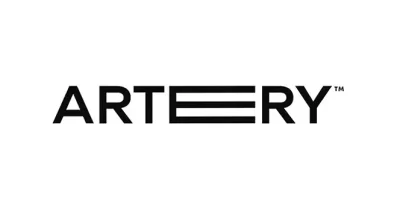Changes in consumer behavior: what do consumers expect from brands today?
Changes in consumer behavior: what do consumers expect from brands today?
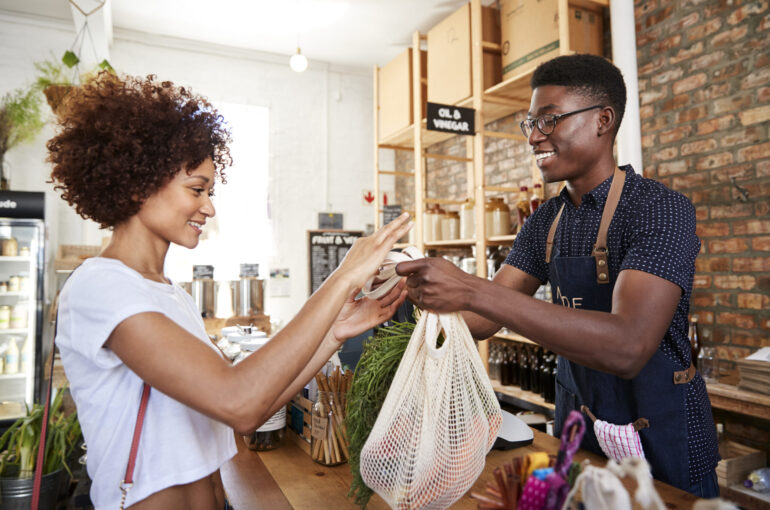
In recent decades, society’s consumption behavior has undergone significant transformations. Since the end of the 1990s and, mainly since the turn of the 21st century, the world has been facing increasingly complex challenges related to sustainability, environmental preservation, and social equity. Consequently, how people think and consume products and services has been changing.
Consumers evolution
Until the 1990s, consumption was mainly seen as a form of expression of status and power. The goal was to consume more and more, and products were considered disposable and replaceable. Environmental concern was not yet part of the collective imagination then, and sustainability was not widespread.
In the 2000s, dialogues about sustainability and concern for the environment began to gain strength. Actions such as the signing of the Kyoto Protocol in 2005 placed the issue of climate change on the global agenda. Still, rampant consumption remained the norm, and the fashion industry, for example, stepped up production of low-quality, low-priced clothing.
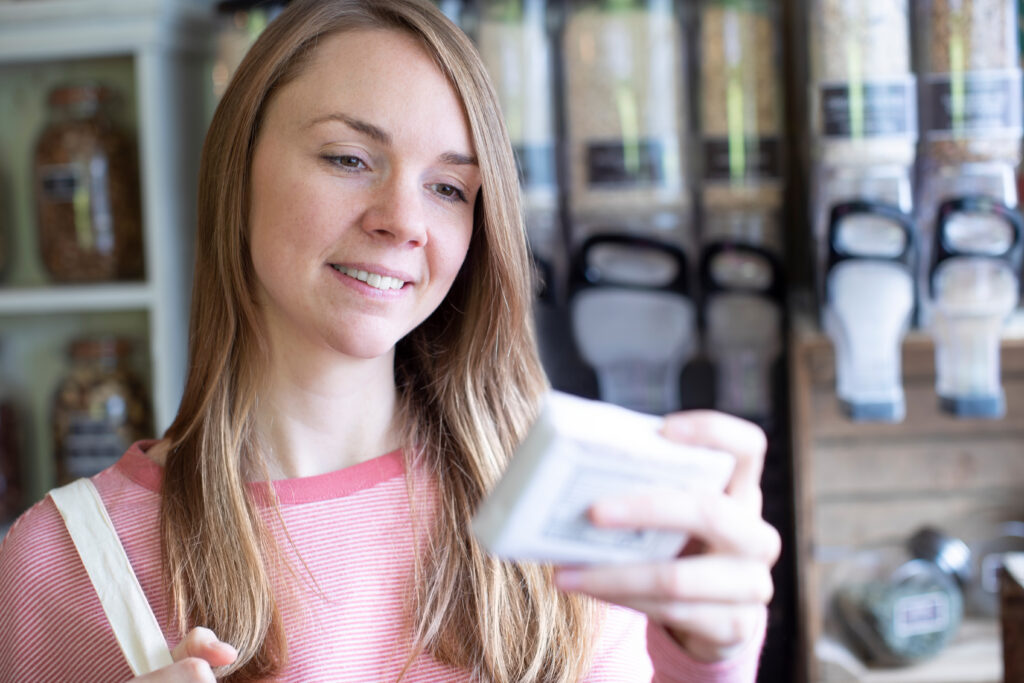
In Brazil, we can even cite the increase in credit facilities as a possible environmental impact factor since it was during this period that products such as cars began to be purchased on an ever-increasing scale.
Circular Economy
In the 2010s, a concept that began to become popular was the “circular economy.” The idea was to spread that natural resources are finite and should be used more intelligently and consciously.
Recycling and reusing materials came to be seen as solutions to reduce the environmental impact of consumption. The effects of the so-called “fast fashion” (fashion aimed at unbridled consumption and disposal) were also on the agenda. Companies began to adopt more sustainable practices, such as producing biodegradable packaging and using renewable energies.
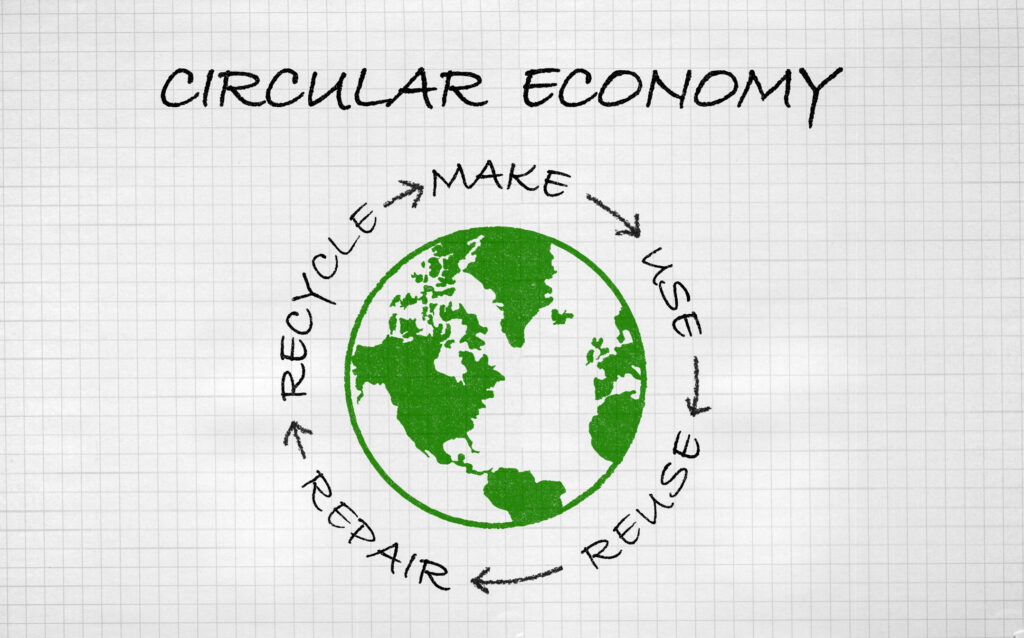
In the 2020s, mainly due to the COVID-19 pandemic, we can cite several changes in consumer behavior worldwide. Social isolation, the closure of establishments, and the strengthening of e-commerce made the environmental discussion even more necessary and frequent.
On the one hand, we still have a considerable portion of the population that does not care so much about the environmental impact of their purchasing decisions. On the other hand, there is a significant increase in online and offline groups that are beginning to discuss how some sectors, especially the industrial and services sectors, need to stop and review their concepts concerning the extraction of raw materials and marketing aimed at unrestrained and reckless consumption.
Conscious consumption: a look towards the future
As we have discussed, consumer behavior has changed over the years, especially after the 2020 pandemic. Therefore, it is necessary to understand that doing business nowadays is not – and should not be – the same as ten years ago, for example.
Although we live in a world where consumerism seems to take over, entrepreneurs must pay attention to a growing portion of people seeking richer, personalized, and fluid experiences that establish a genuine relationship beyond the mere buy/sell transaction.
Research shows that consumers increasingly seek value, which is not always tied solely to price. Keywords such as experience, intentional consumption, conscious consumption, and socio-environmental purpose can be good guidelines for companies that think about the future of their business.
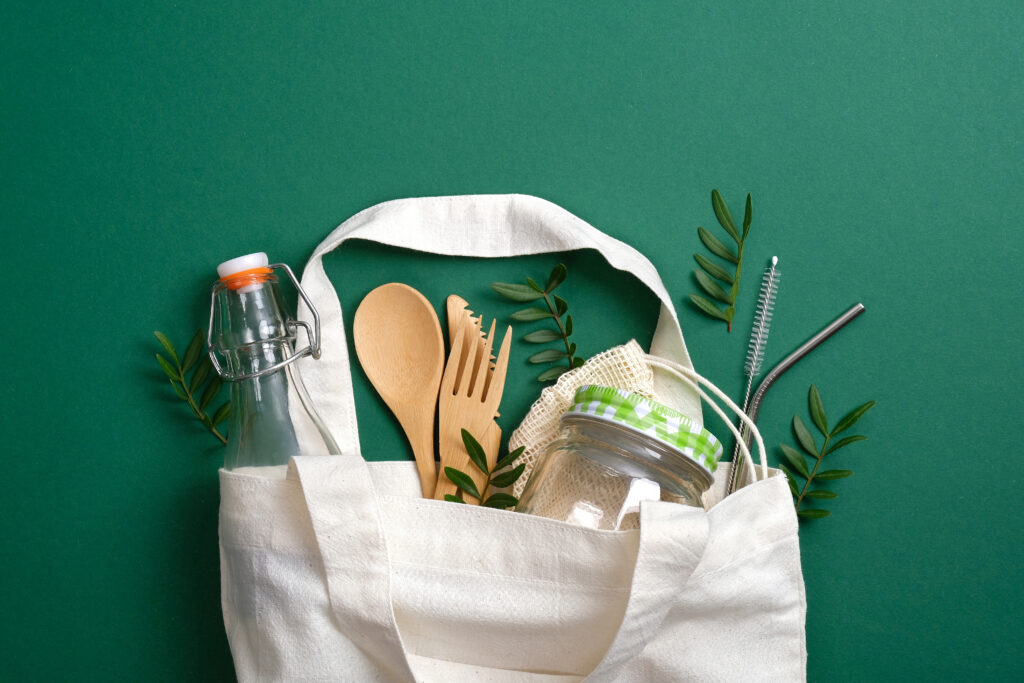
Brands must establish strategies to meet these new basic premises, offering opportunities for self-expression, understanding and encouraging changes in habits, and helping consumers explore and express their interests in a world increasingly concerned about its future.
As the world evolves and adapts, companies must monitor emerging consumer behaviors and adjust their strategies accordingly. By understanding and meeting today’s consumers’ needs, businesses can survive and thrive in an ever-changing marketplace.
#consumerbehavior #consumption trends #circulareconomy #sustainableconsumption #sustainability

